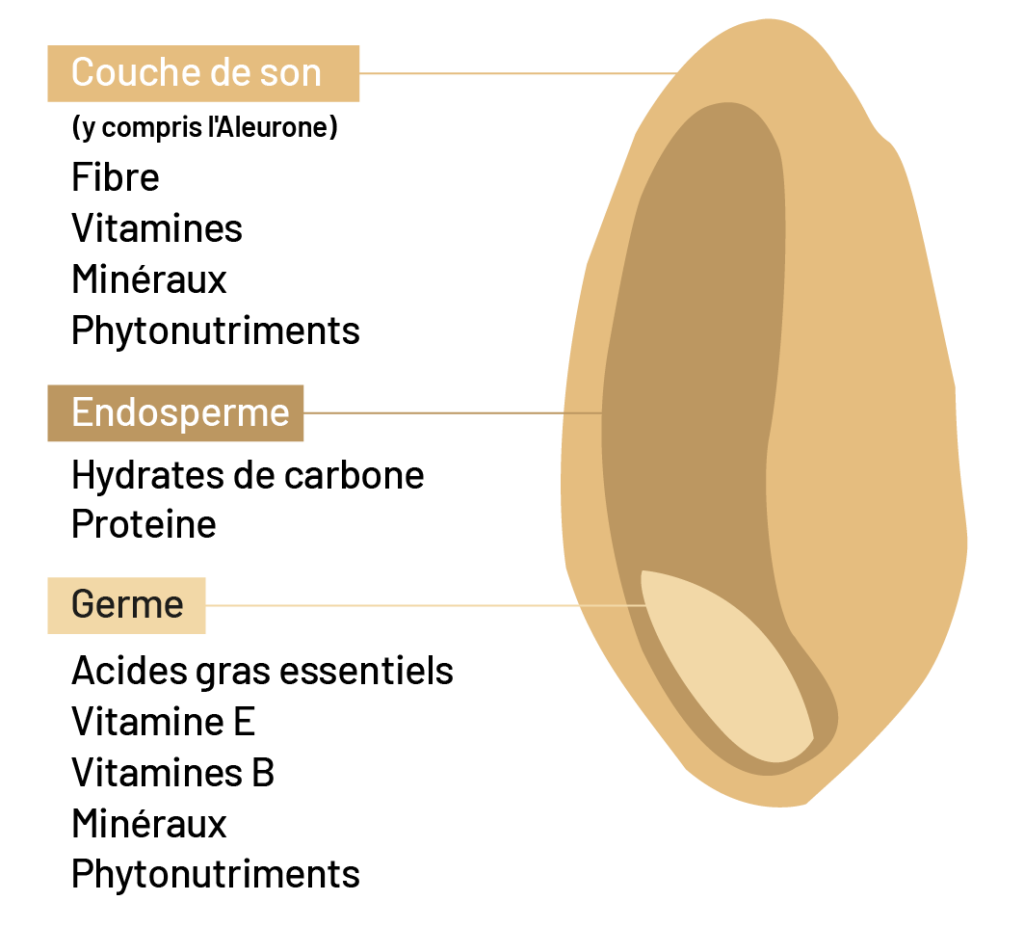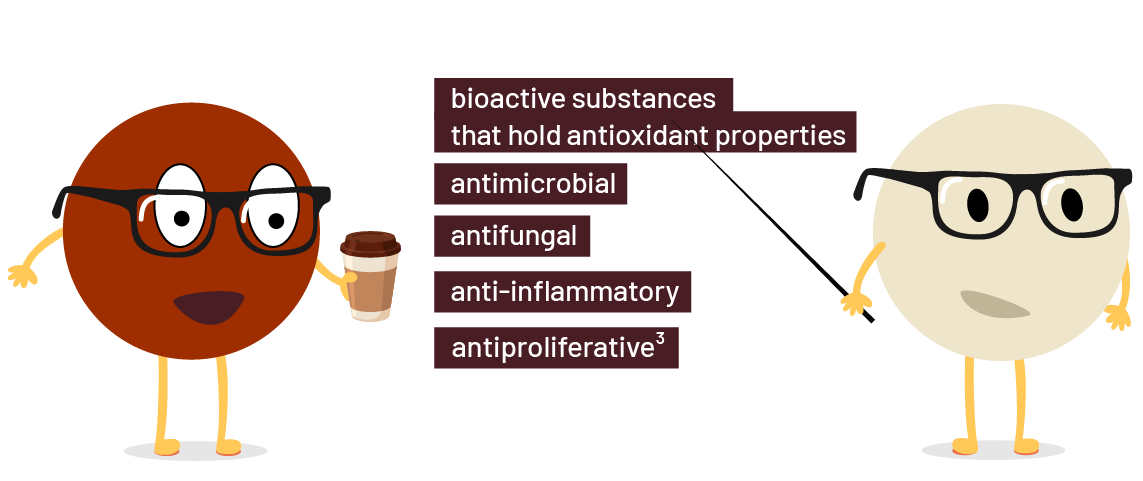A Few Words About Sorghum

Lalatiana Rakotozafy is a researcher with the CNAM (new Sorghum-ID member as of 2022), UMR Sayfood. As part of the Gépro team in Paris, she works on the promotion of plant raw materials and transformation of end product functionalities. Below are a few words about sorghum, by this researcher.
“Beneficial” is the word that Lalatiana Rakotozafy chose, to describe sorghum. “This cereal is good for our planet, for the producers – since it provides many agronomic advantages (heat resistance, low water and input needs, short growth cycle, etc) –, and for the consumer (ICRISAT1 has included it in the smart foods category), as it is a plant that has nutritional qualities and a biochemical composition that are beneficial to our health.”
A Cereal that Is Beneficial Because of Its Nutritional Qualities2…
As a researcher with UMR Sayfood, Lalatiana Rakotozafy mainly studies the behaviour of sorghum during its transformation processes. From the “crushing” stage (the first degree of processing, which allows the kernel to be transformed into flour) to the end product, she looks into the plant’s functional characteristics: water retention, oil absorption capacity, swelling power, emulsifying and foaming properties. Subsequently, the research group writes a description of the plant, which serves as a guide in the manufacture of products that are adapted to human consumption.
“Sorghum is rich not only in glucidic polymers, but also in micro and macro nutrients. It also contains a lot of linoleic acids (a type of acids that are specific to sorghum, belonging to the Omega 6 family). The plant’s nutritional qualities make it a high-potential cereal.”

Sorghum grain composition. Source: Khoddami, et al. Crit Rev Food SciNutr. 2021.
…and Is Beneficial to Our Health
“Thank to its very chemical composition, sorghum is potentially beneficial to our health. It is, first of all, a choice food for those who follow a gluten-free diet, and it contains bioactive substances that hold antioxidant properties (due to its phenolic acid content), as well as antimicrobial, antifungal, anti-inflammatory, and antiproliferative3 properties. The cereal also helps to improve one’s glucose metabolism and thus plays a positive role in controlling diabetes.”

1 ICRISAT : The International Crops Research Institute for the Semi-Arid Tropics is a non-political, non-lucrative organisation, which carries out agricultural research work in order to favour agricultural development in the arid areas of Asia and Sub-Saharan Africa.
2. Nutritional quality is the ability of a food product to meet one’s daily nutritional needs.
3. In pharmacology, the term “antiproliferative” describes a substance that prevents the proliferation of a phenomenon.












